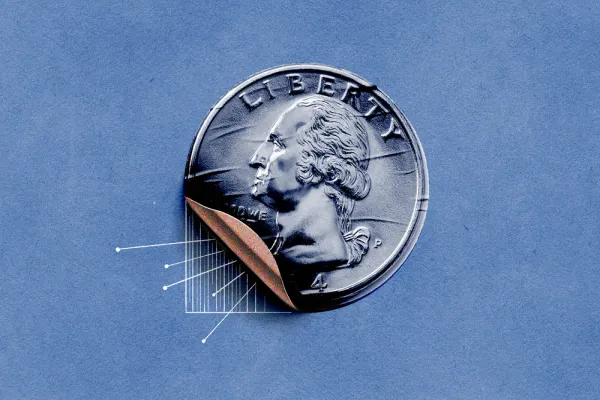Michael Meister says he wants to do for Germany what Ronald Reagan did for the U.S -- an ambitious goal for a politician appointed as the Christian Democratic Union's shadow Finance minister one year ago. Meister, 44, may not be a household name, but he is quickly developing into one of the country's more important conservatives.
For the past year Angela Merkel, the CDU candidate for chancellor, has relied on Meister to formulate tax and finance policy. If a CDU coalition government wins the fall election, as expected, the Finance minister post would likely go to Edmund Stoiber, head of the Christian-Social Union. But as Merkel's key economic adviser, Meister is ready to introduce a stream of budget and tax legislation that the conservatives believe will put the German economy on its feet. His Konzept 21 plan would limit government spending and overhaul Germany's complicated tax system.
Speaking to Institutional Investor before a CDU weekend strategy session last month, Meister compared the Germany of 2005 to the U.S. of 1980 -- and said it is in need of Reagan-style reform.
Meister, who holds a doctorate in mathematics and was first elected to Parliament in 1994, explains his country's economic woes as a structural problem. He cites a deficit of E100 billion ($121 billion) per year across Germany, tallying federal, state and local shortfalls. "The point is, we have to go back to balancing the budget," he says.
In 2002, Germany pulled out of the European Union's Stability and Growth Pact because it could not meet the 3 percent deficit spending limit. Meister calculates that the country can adhere to that limit by 2007. If Konzept 21 is followed, he says, the budget would not be balanced for another seven or eight years, but there would be reductions in entitlement spending and a restructuring of Germany's social safety net.
Meister figures that he has only about a year to push through legislative reforms. Even then, pundits remain skeptical.




